The inauguration of a US president is always a major event, marked by ceremonies, speeches, and performances to recognize the transfer of executive power. President Donald Trump’s 2025 inauguration is no exception.
Unlike Trump’s 2017 inauguration, which struggled to secure well-known artists, this year’s event includes performances from country music star Carrie Underwood, Village People (the group behind “Y.M.C.A”), “God Bless the U.S.A” singer Lee Greenwood, Parker McCollum, Jason Maldean, opera singer Christopher Macchio, Kid Rock, Billy Ray Cyrus, and more.
The appearance of some of these artists, such as Kid Rock and Jason Aldean, is not surprising considering their past support for the president, Rock himself performing at the final night of the Republican National Convention. However, the participation of other performers was far more unexpected. Many were surprised to see Carrie Underwood, who has maintained political ambiguity throughout her career, and Village People, whose hit song “Y.M.C.A” has been widely recognized as an unofficial gay anthem, on the list of inaugural performers.
In response to their decision to take part in the inauguration, several performers have received intense criticism from fans. Many view the choice to perform as open support of Trump and his controversial policies, leading to harsh backlash.
While the public may view performing as an obviously political act, the performers seem to believe differently. In a statement released to the press, Underwood noted how grateful she was to take part in the inauguration considering its significance for the United States while also emphasizing the importance of unity.
“I love our country and am honored to have been asked to sing at the Inauguration and to be a small part of this historic event,” Underwood shared. “I am humbled to answer the call at a time when we must all come together in the spirit of unity and looking to the future.”
Village People lead singer and surviving original member Victor Willis seems to share a similar sentiment, as displayed by a statement posted on both his and the band’s official Facebook pages.
“We know this won’t make some of you happy to hear, however we believe that music is to be performed without regard to politics,” it read. “Our song Y.M.C.A. is a global anthem that hopefully helps bring the country together after a tumultuous and divided campaign where our preferred candidate lost.”
These statements from Underwood and the Village People emphasize that for the performers themselves, the decision to participate in the inaugural events is not necessarily about endorsing a political stance. For Underwood, the performance is about the importance of unity in a pivotal moment in American history. For the Village People, it is a chance to bring people together through music, an idea that transcends political differences. In their minds, performing at the inauguration isn’t about taking sides, but about being part of something bigger than any one political figure or ideology.
However, in our hyperpolarized culture where every action can be scrutinized through a political lens, the intention of the performers becomes overshadowed by the perception of their actions. The public’s view, shaped by political divides and partisanship, equates participation in the event with political alignment.
Despite the artists’ efforts to make their own opinions about their inaugural performances known, people are quick to make assumptions. Willis, for example, was clear in his statement that the Village People’s “preferred candidate,” Kamala Harris, lost the presidential race and that the group’s choice to perform was based on a desire to have some role in bringing unity in a time of division. Notably, the band has been in a similar situation before when Willis allowed Trump to continue using “Y.M.C.A” at his rallies after seeing the joy its resurfacing had brought the American public. This despite asking the president-elect to cease his use of the song in 2020. Regardless of their intentions in each of these scenarios, fans made their displeasure clear, going on social media to quickly brand the Village People as traitors for their perceived support of Trump.
From this situation, it’s clear that even though artists may have positive, non-political intentions, performers choosing to participate in political events can easily find themselves painted with a broad brush: either as supporters of the president or as betrayers of their audience’s values.
The tension between intention and perception highlights the blurred line between personal actions and political acts in today’s culture. Public figures may enter a situation hoping to remain neutral or focus on music’s unifying power, but once their performance is viewed through the lens of polarization, their actions become politicized, whether they want them to be or not.
In the end, the question of whether performing at an inauguration is a political statement does not have a simple, universal answer. In our environment, there is a divide between intention and perception, leaving performers to navigate the fine line between personal choice and public opinion in all that they do. While their personal motivations for performing at events like these may be far from political, their participation—or lack thereof—will speak volumes to the public, casting them into political discourse and intense scrutiny whether they intend it or not.






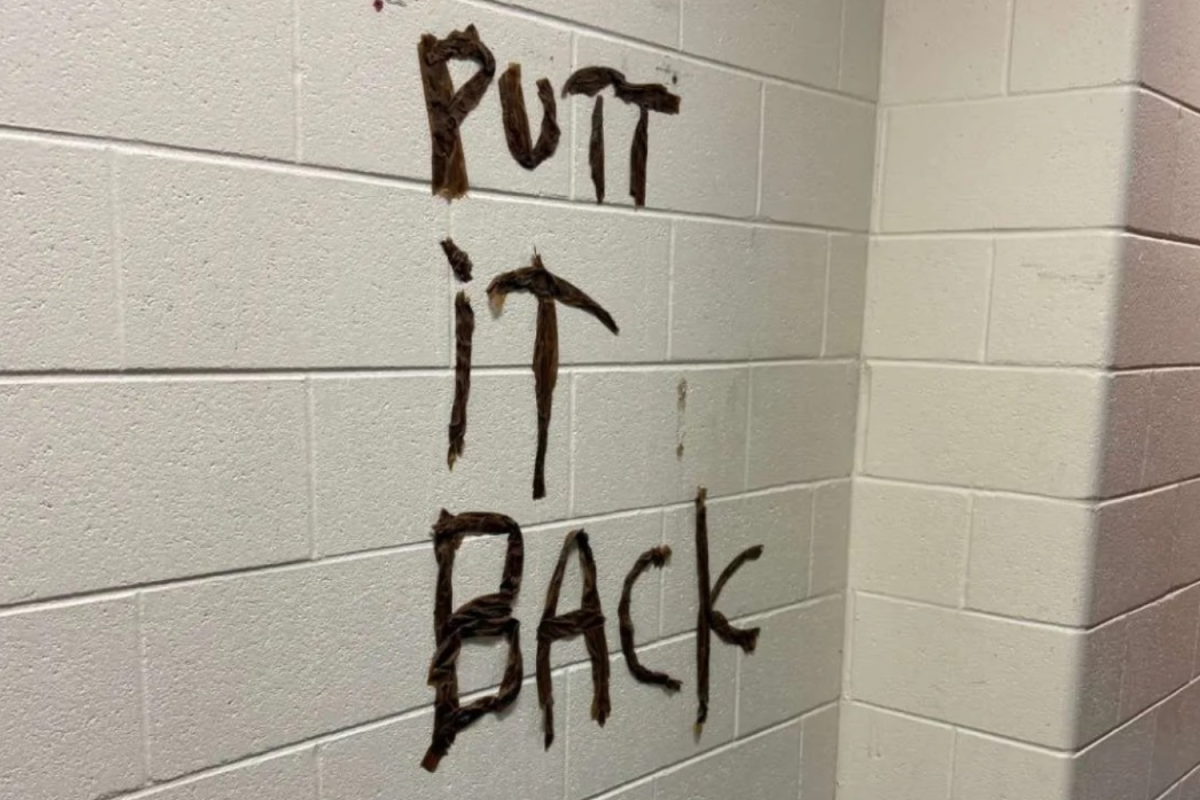

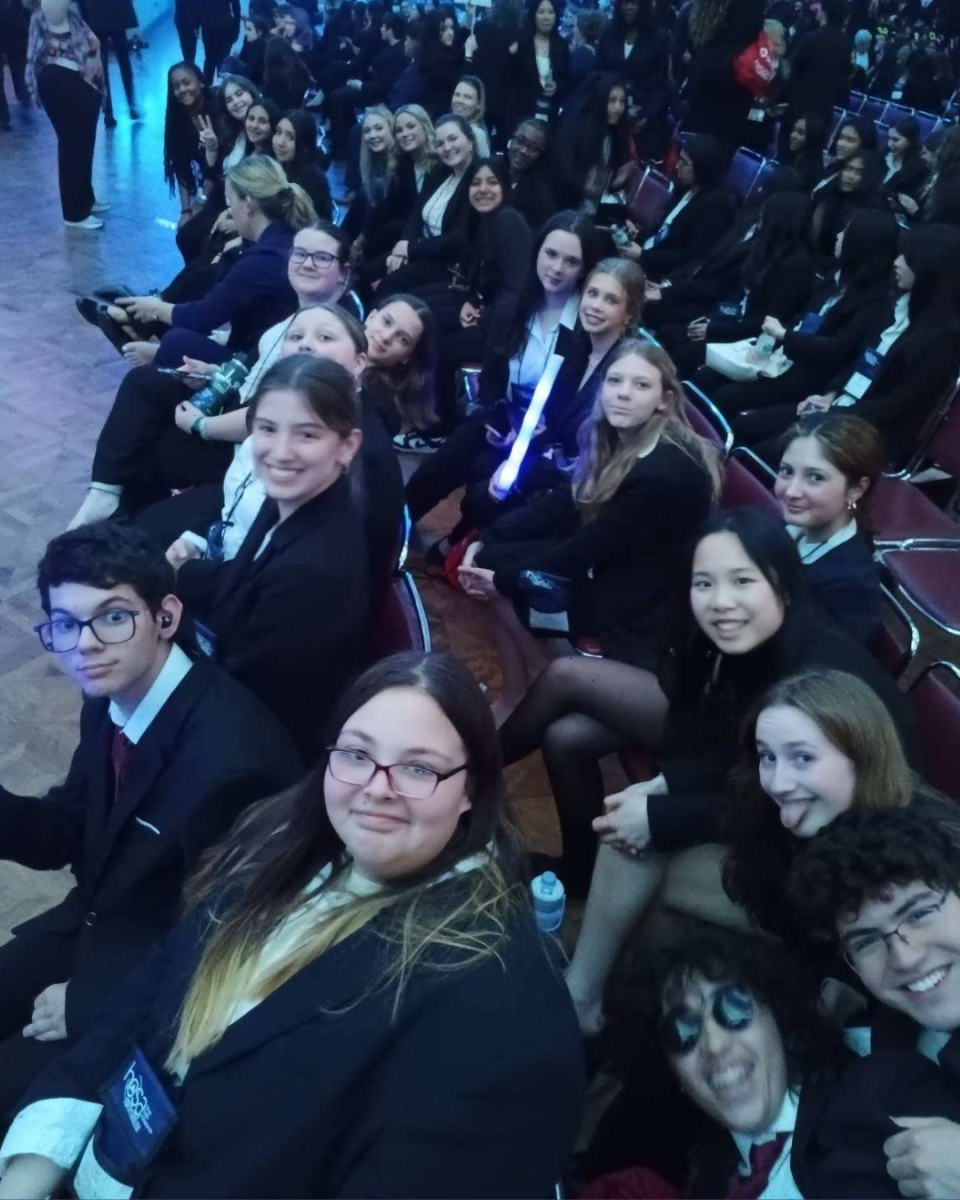
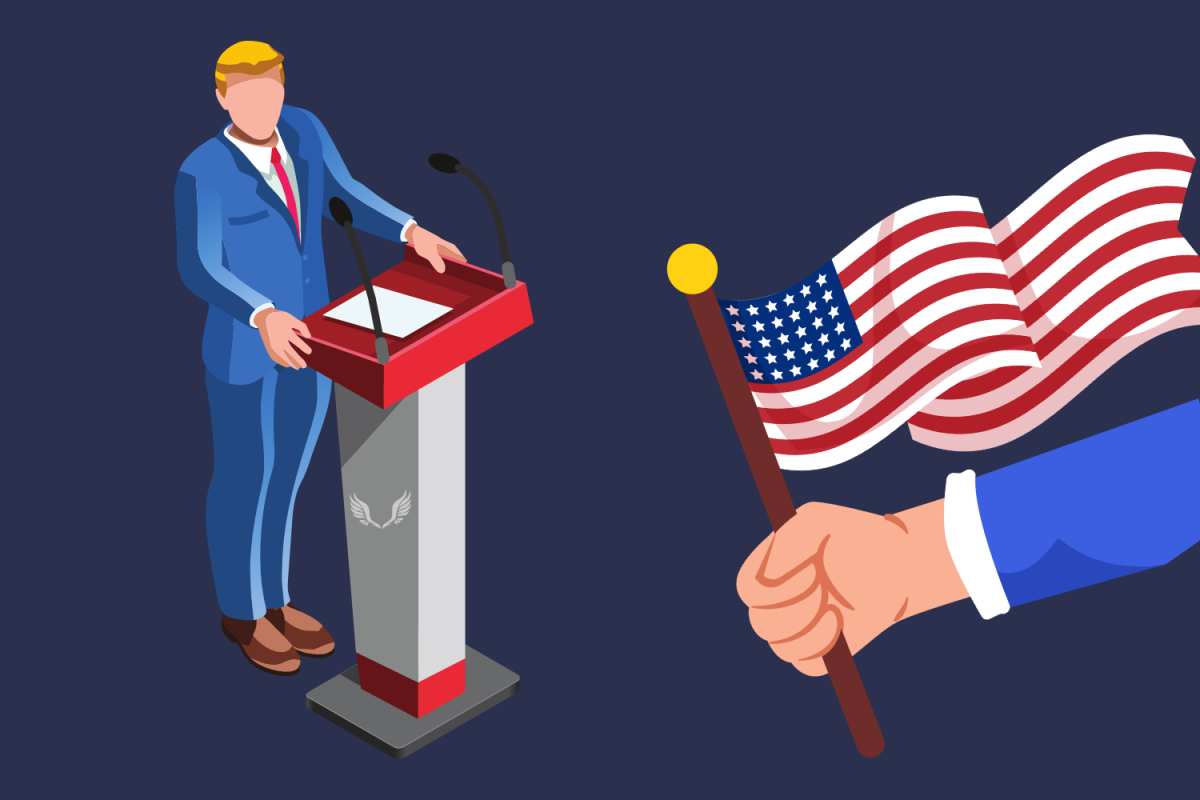

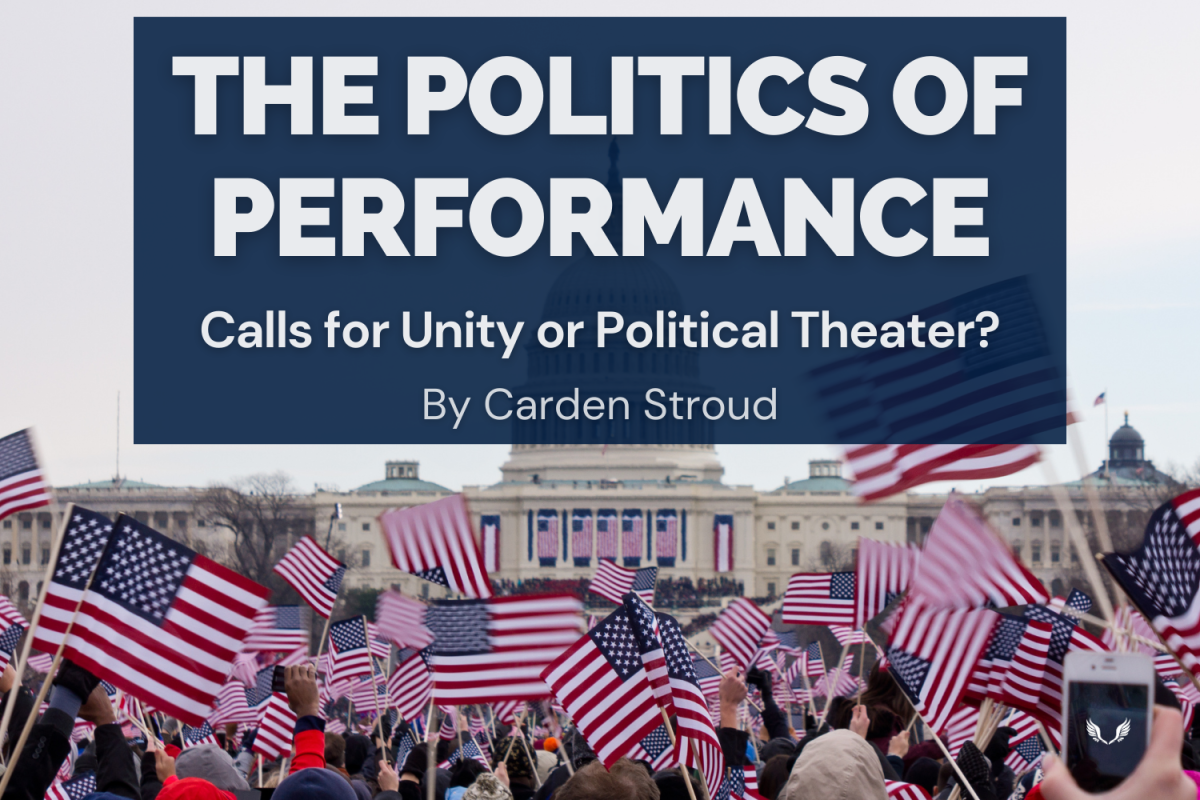
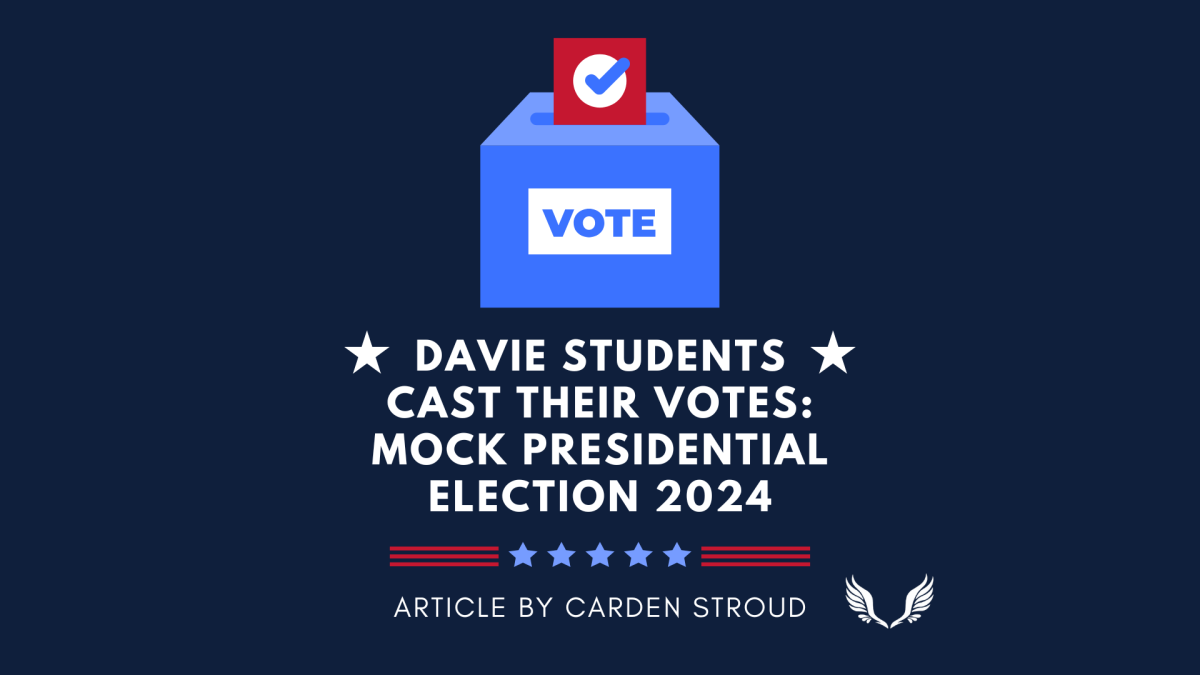
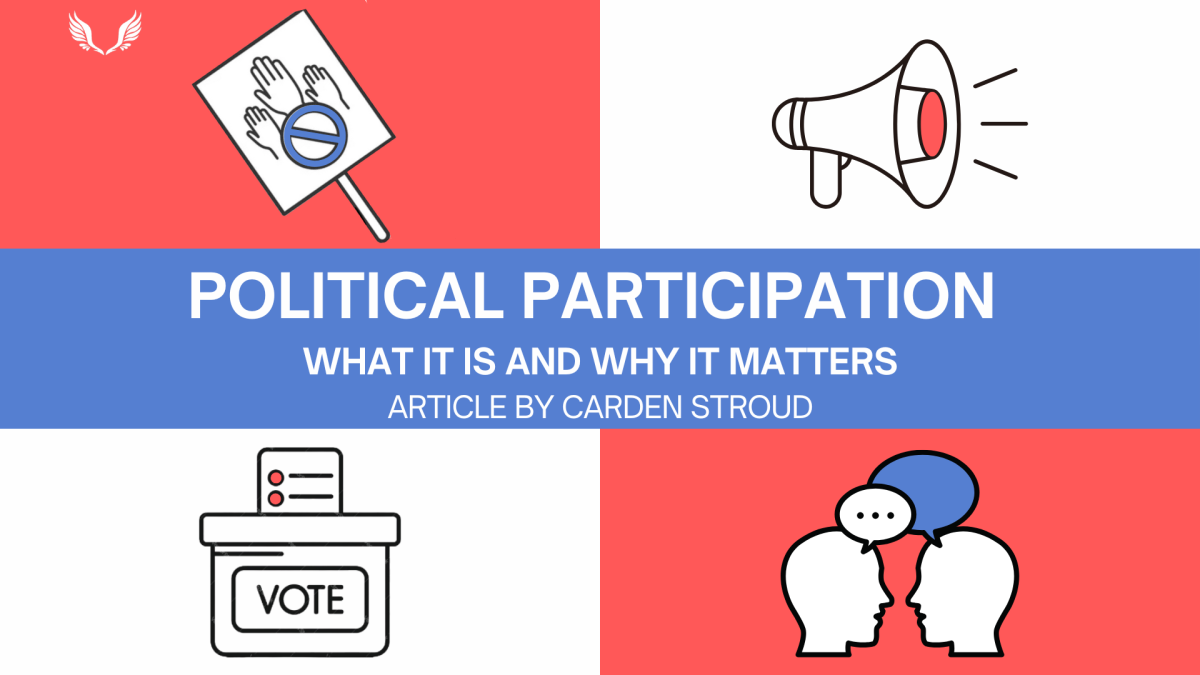


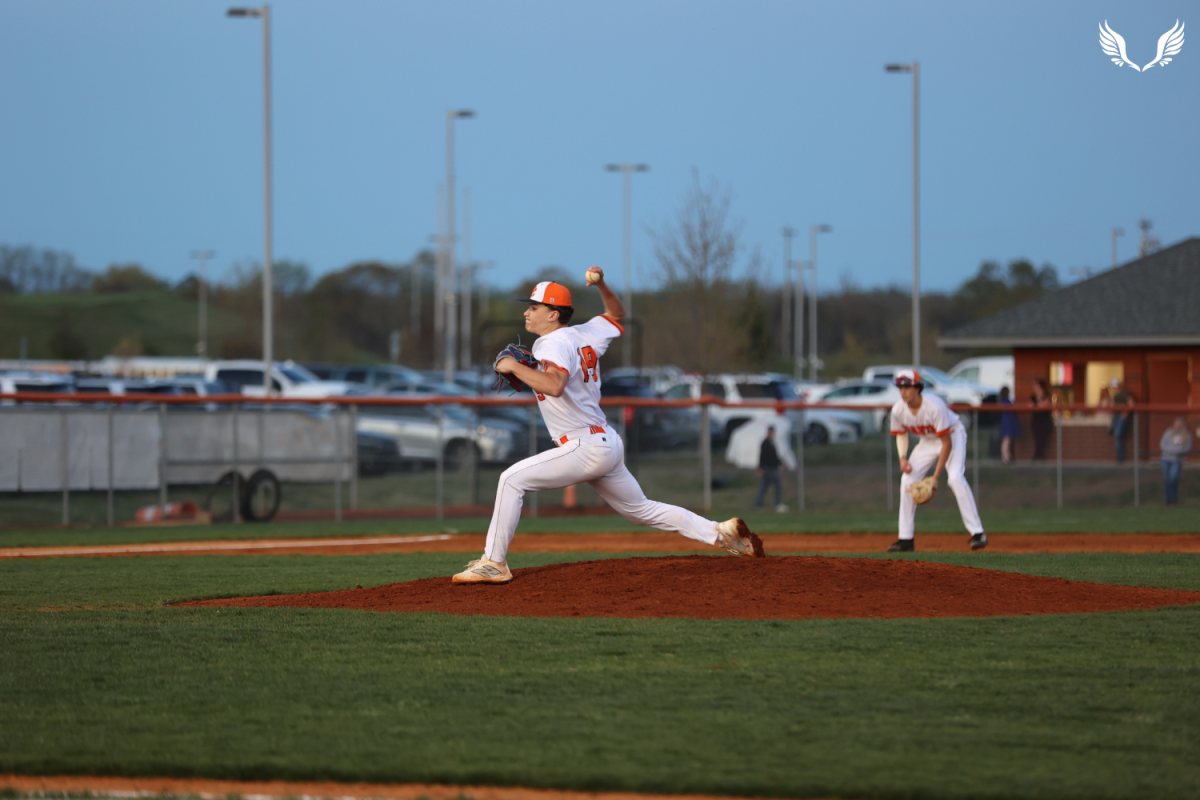




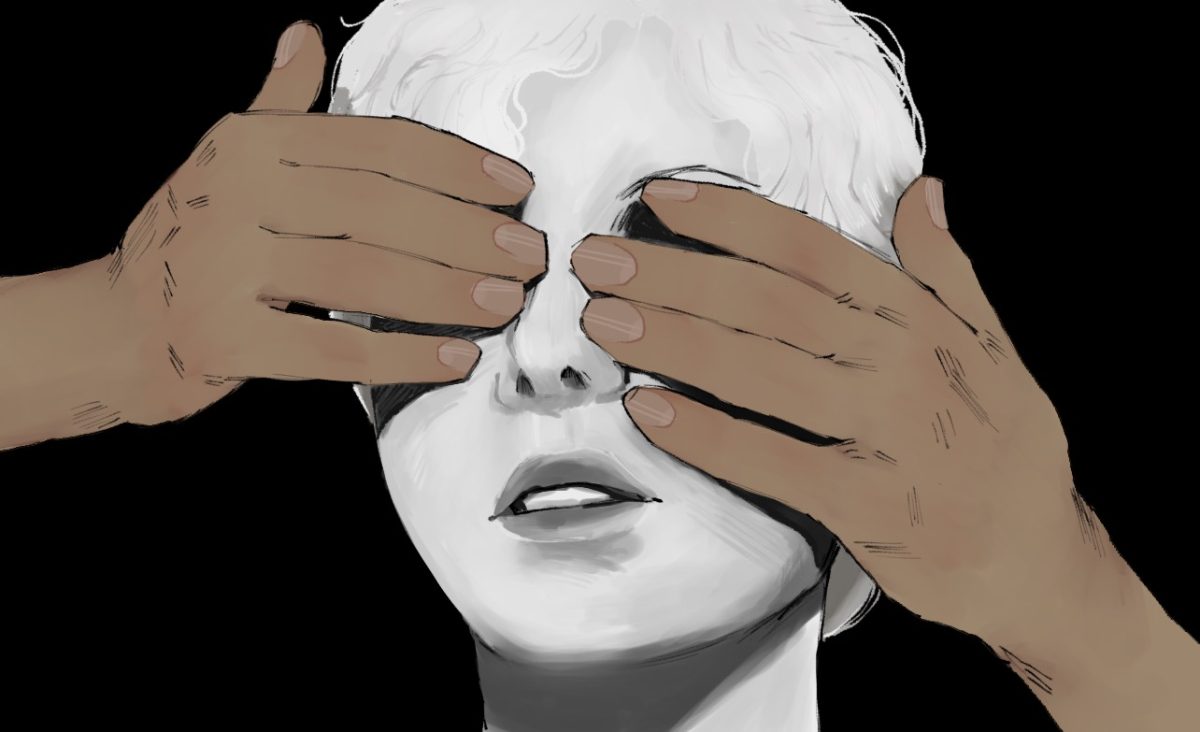

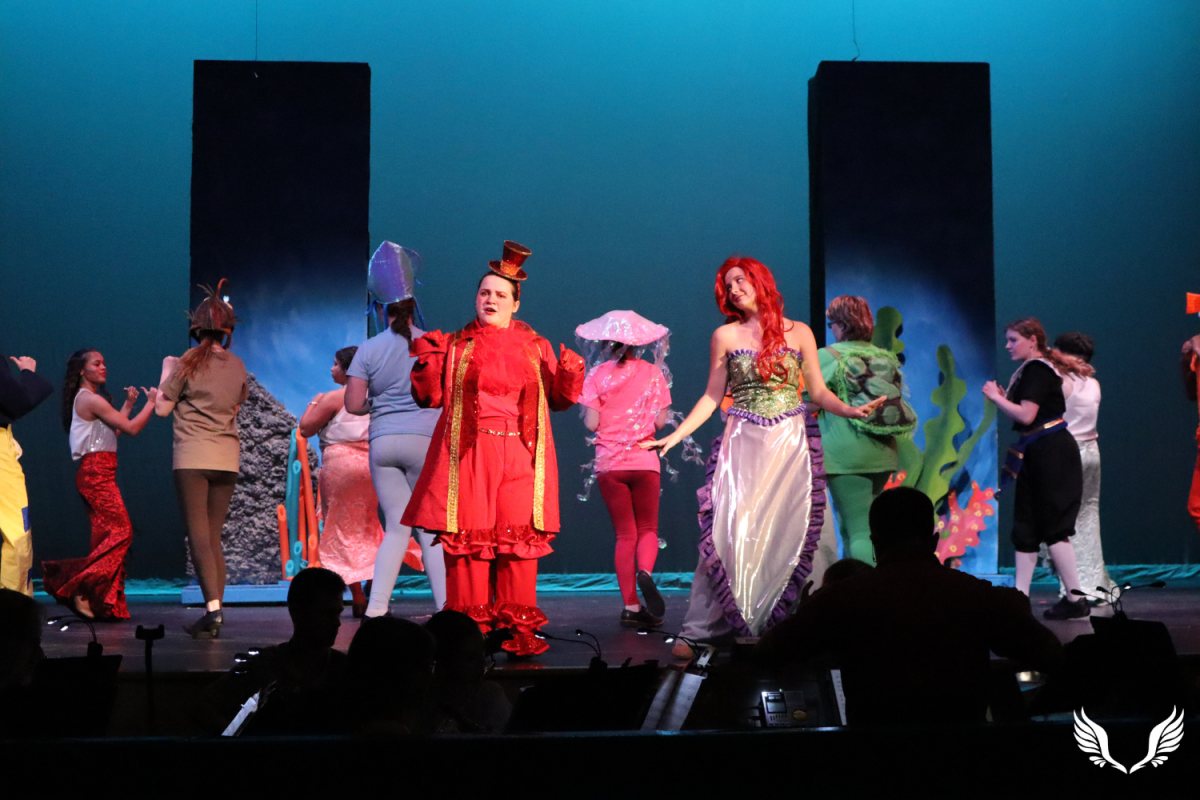
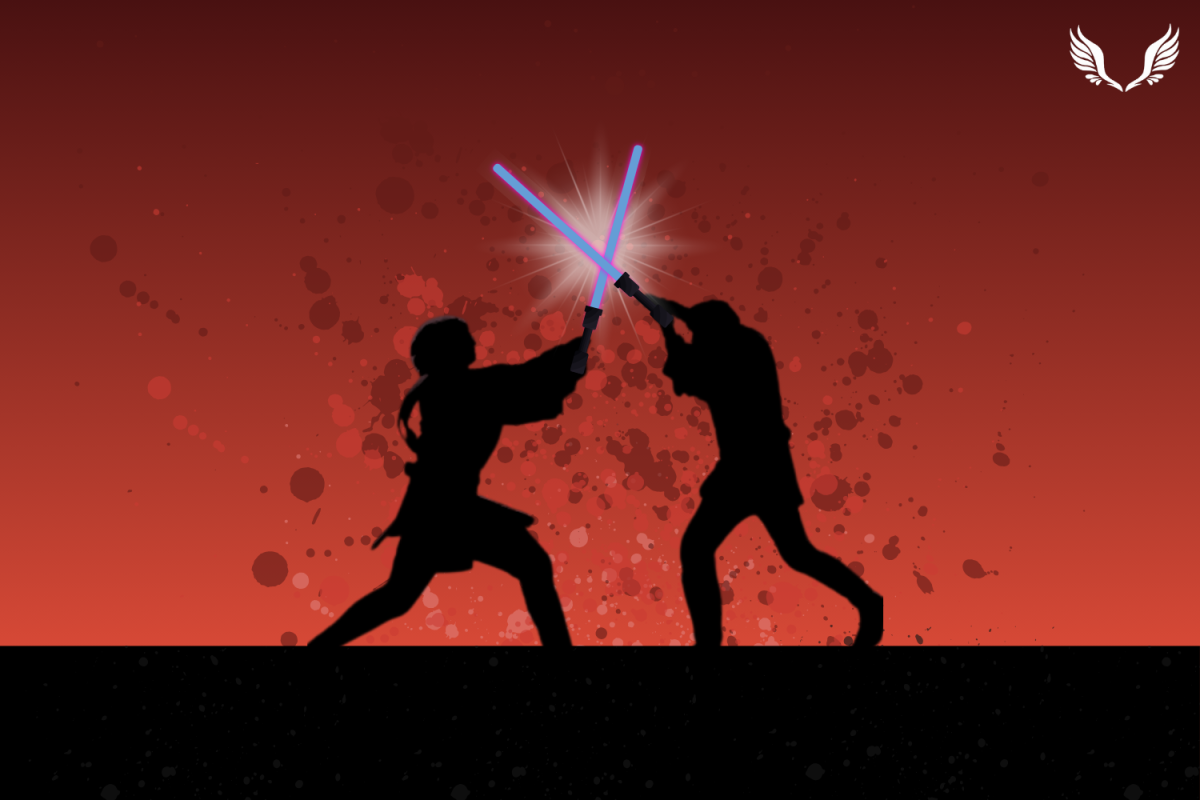



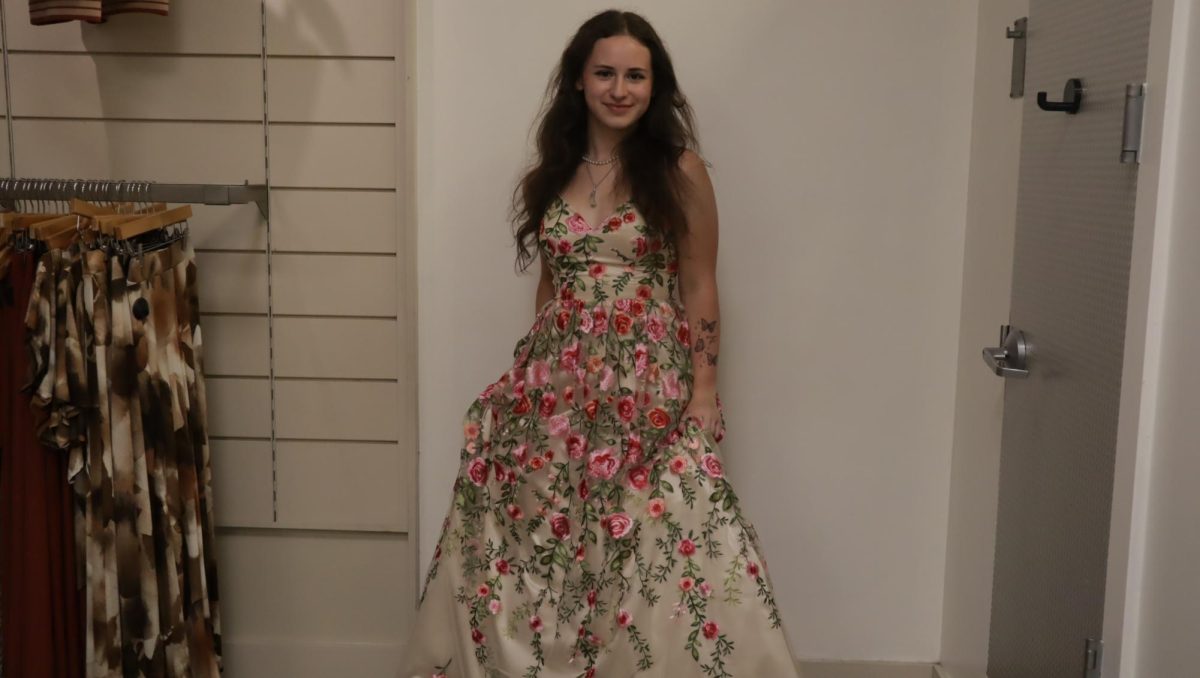





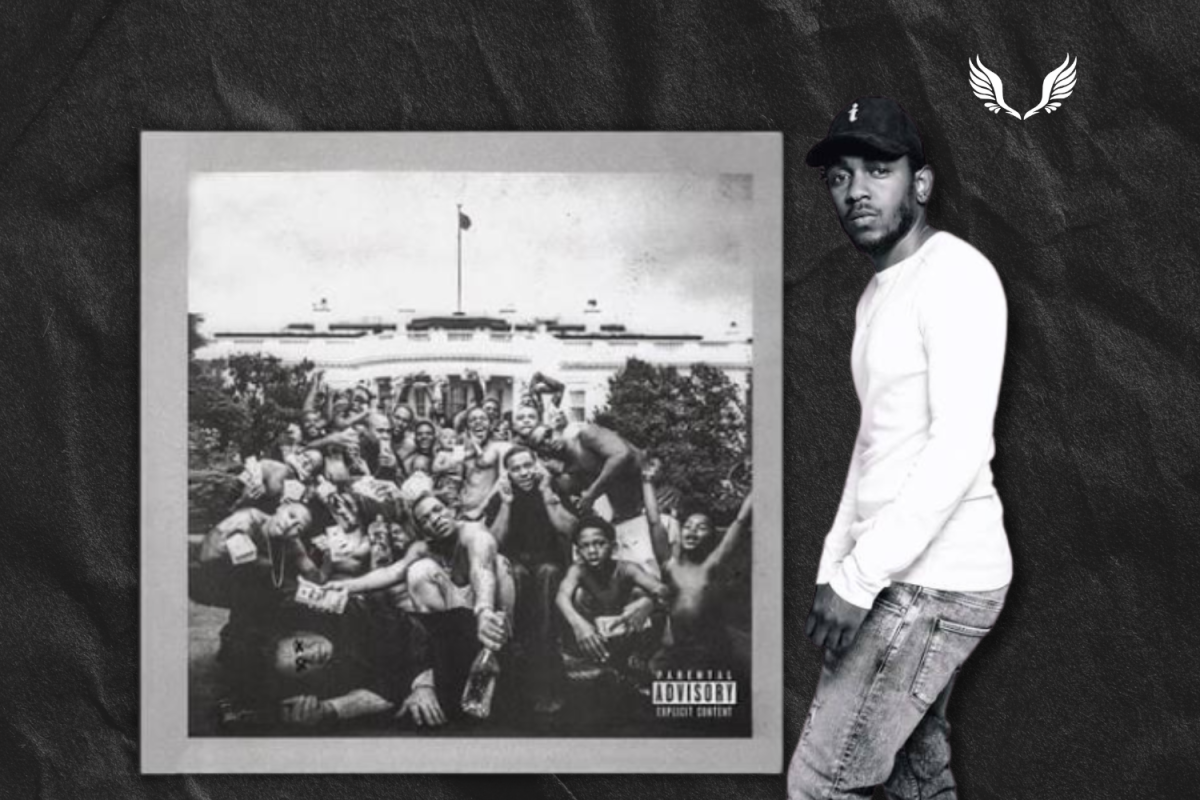
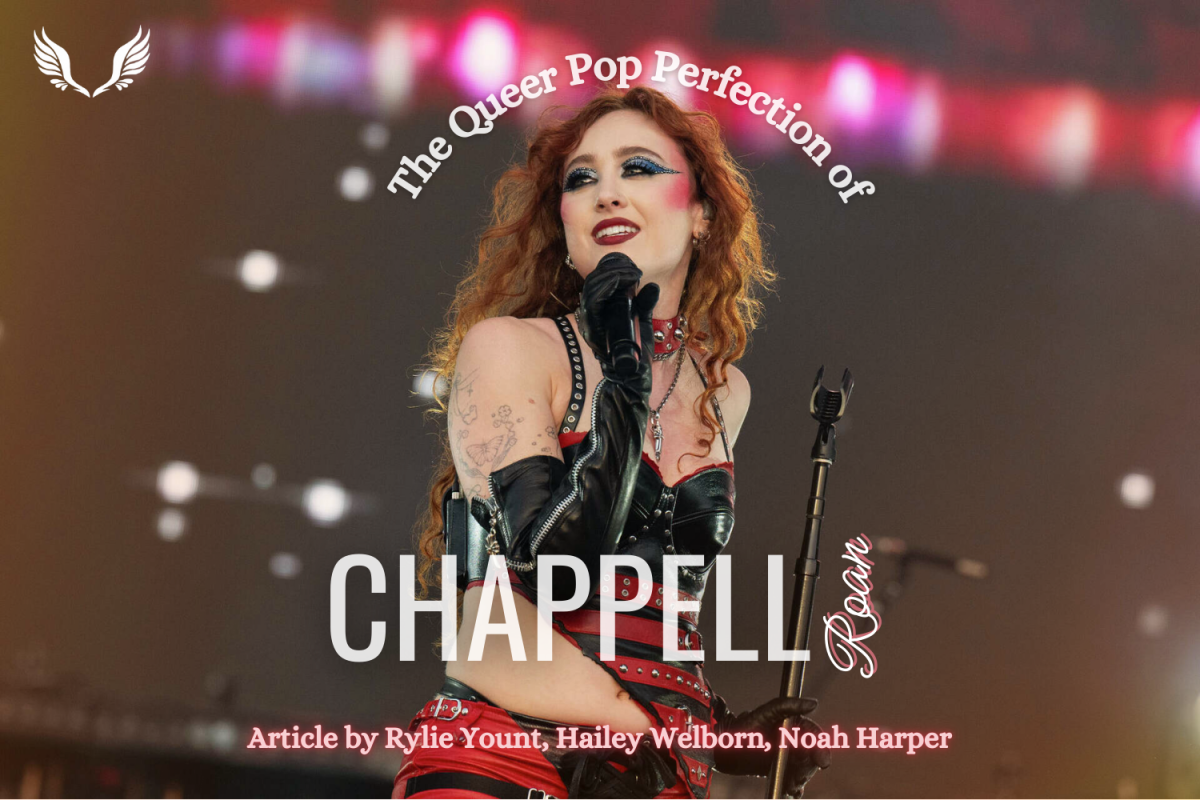



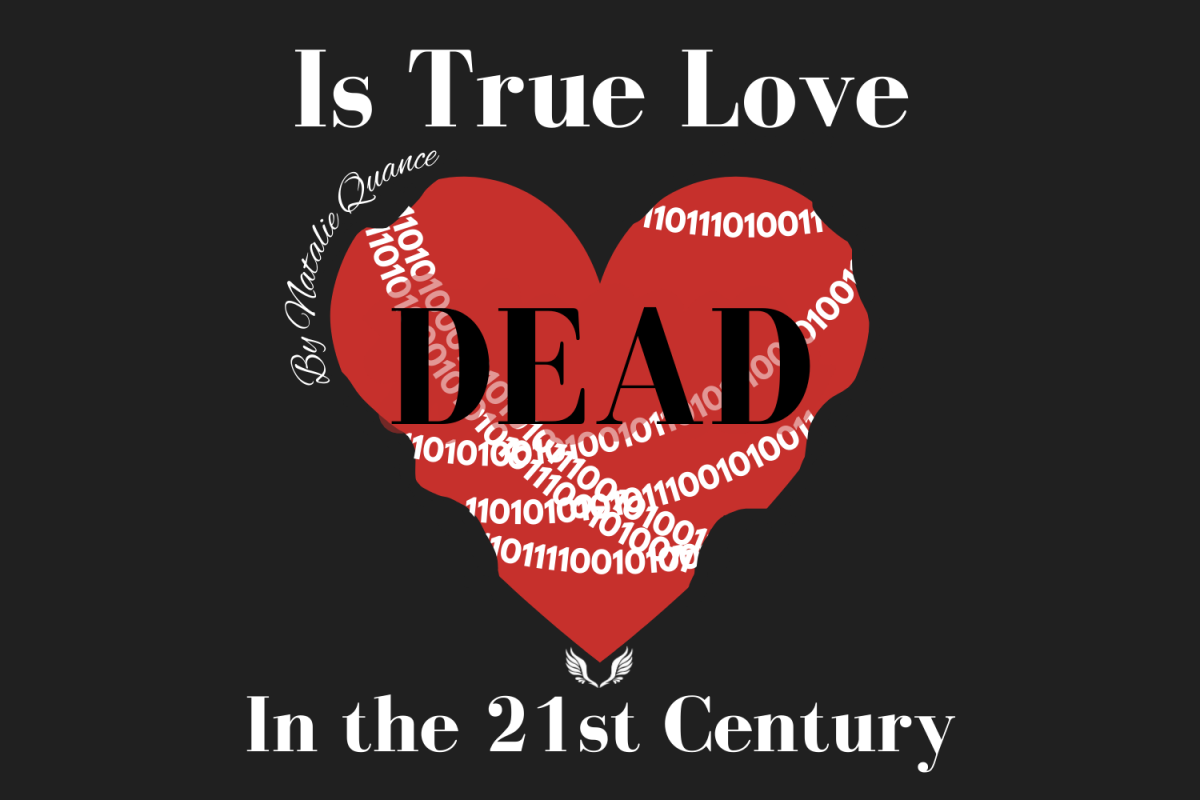


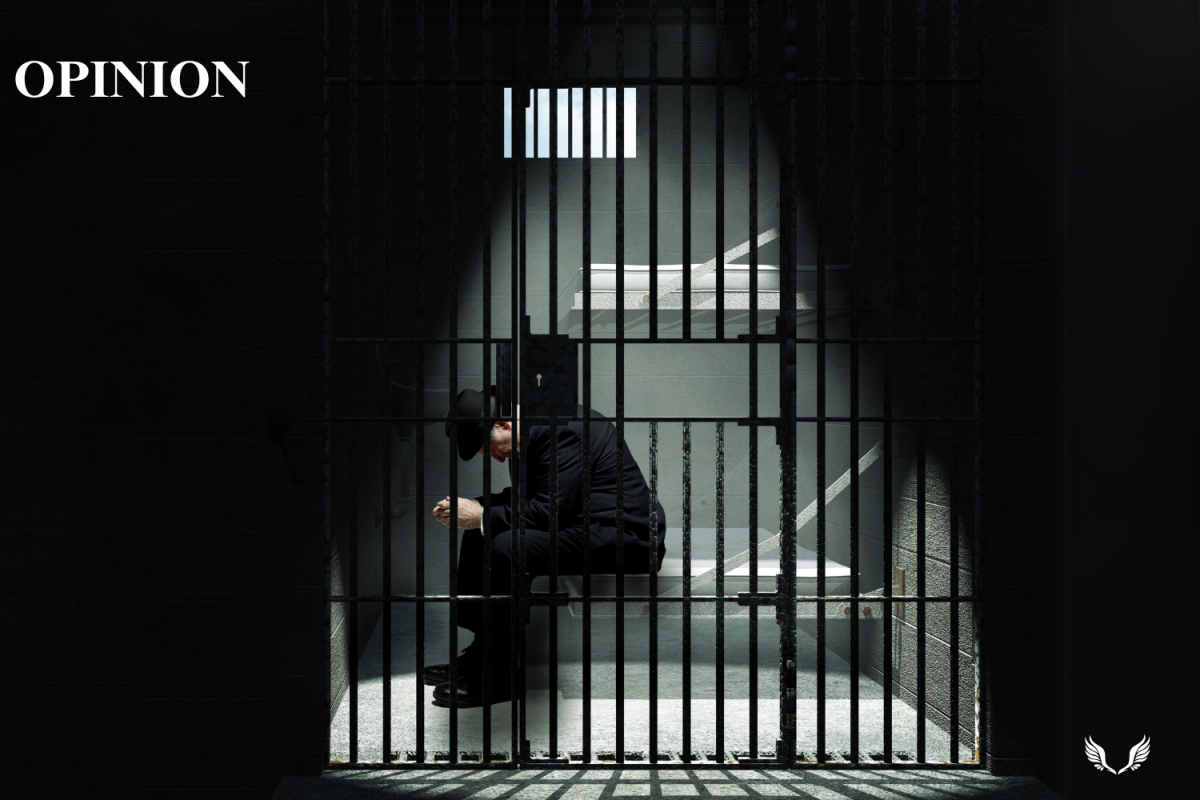
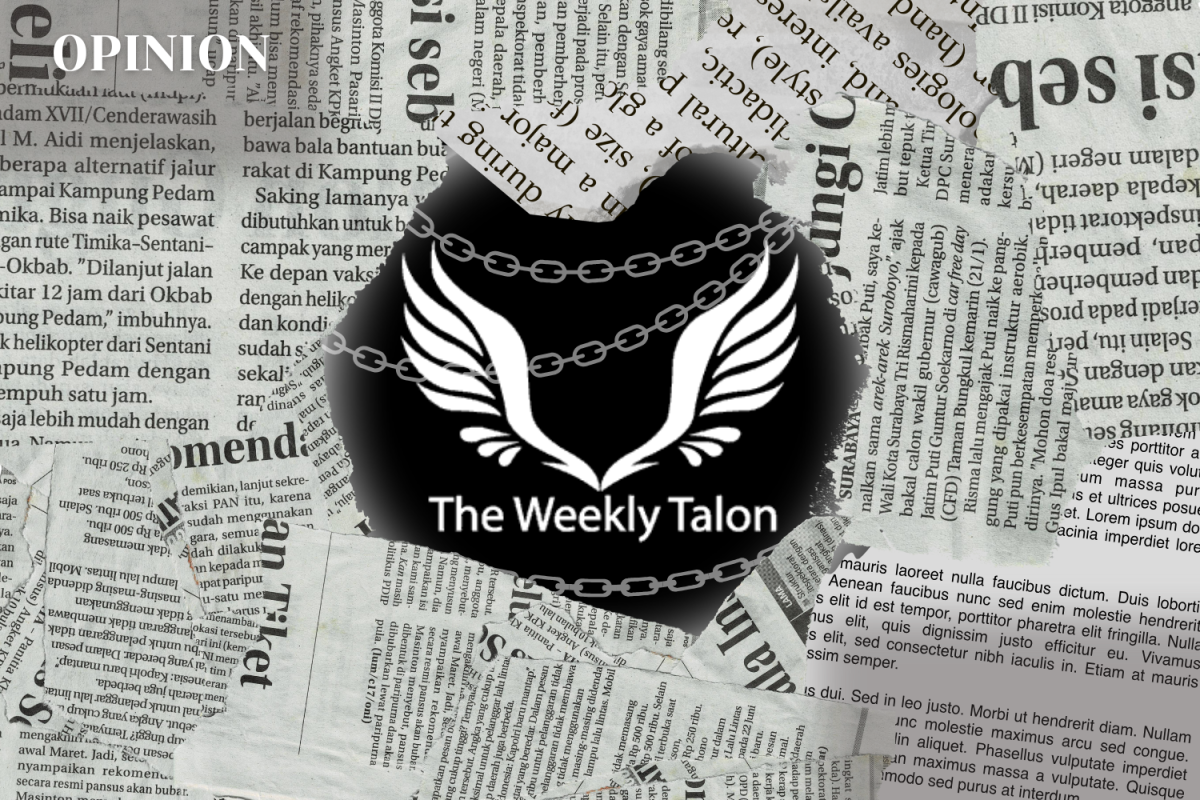



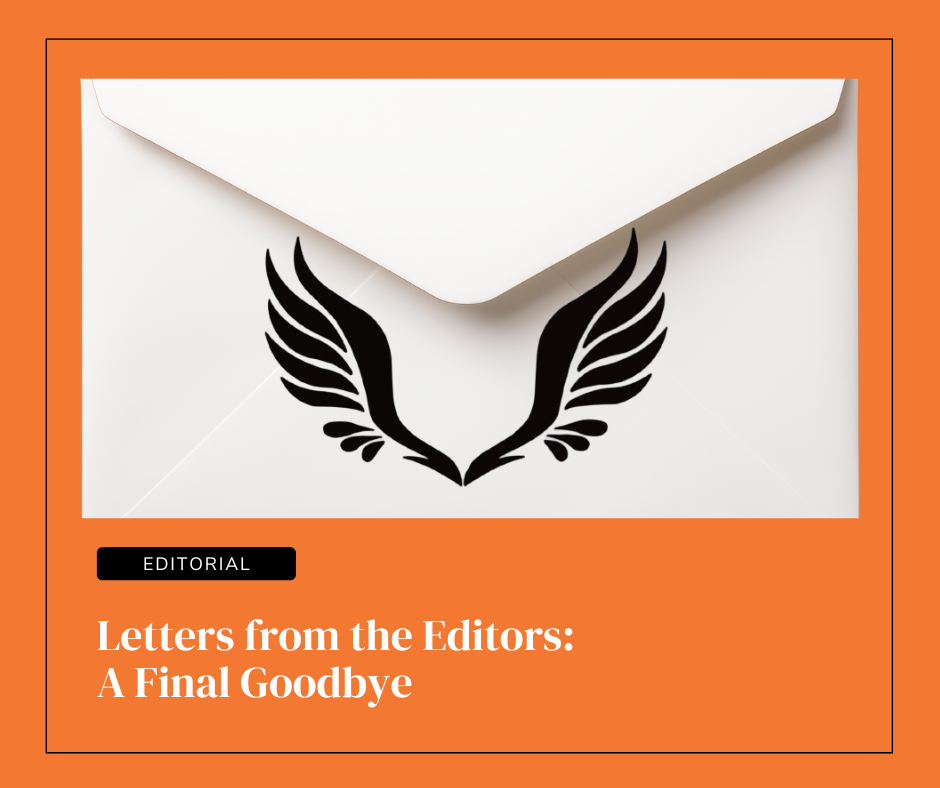
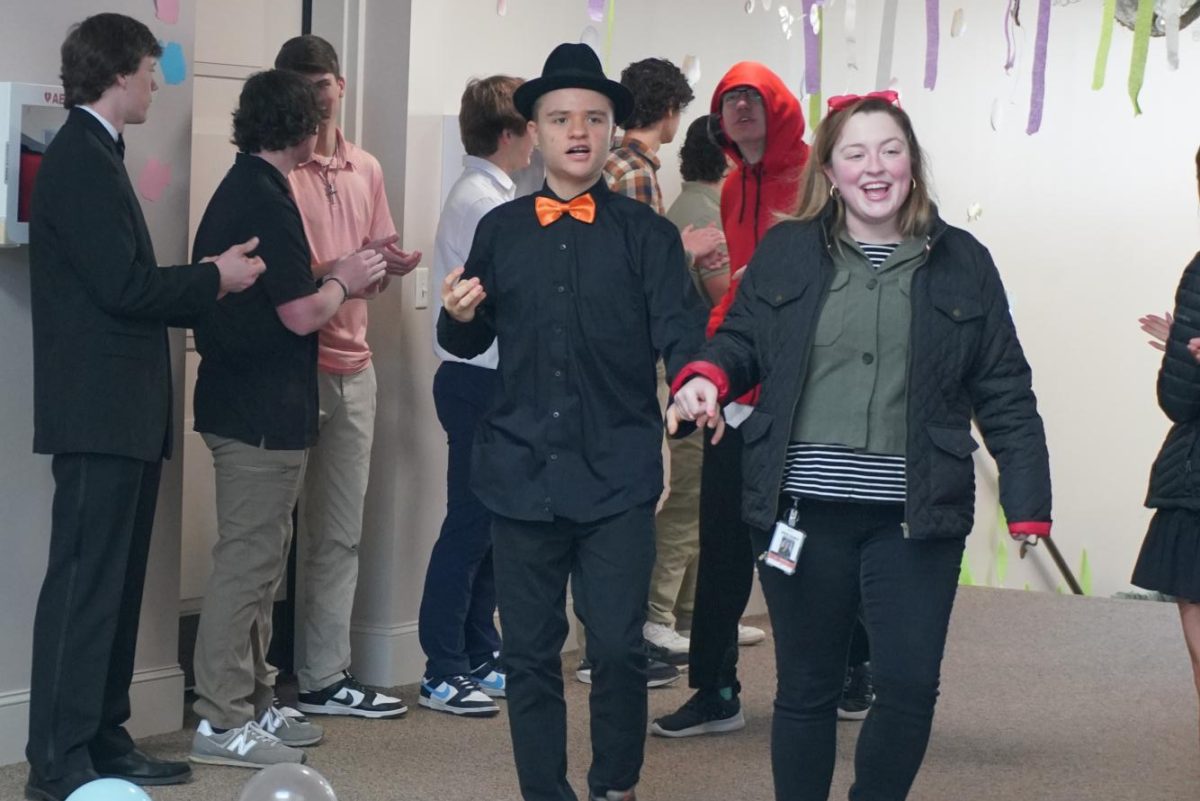






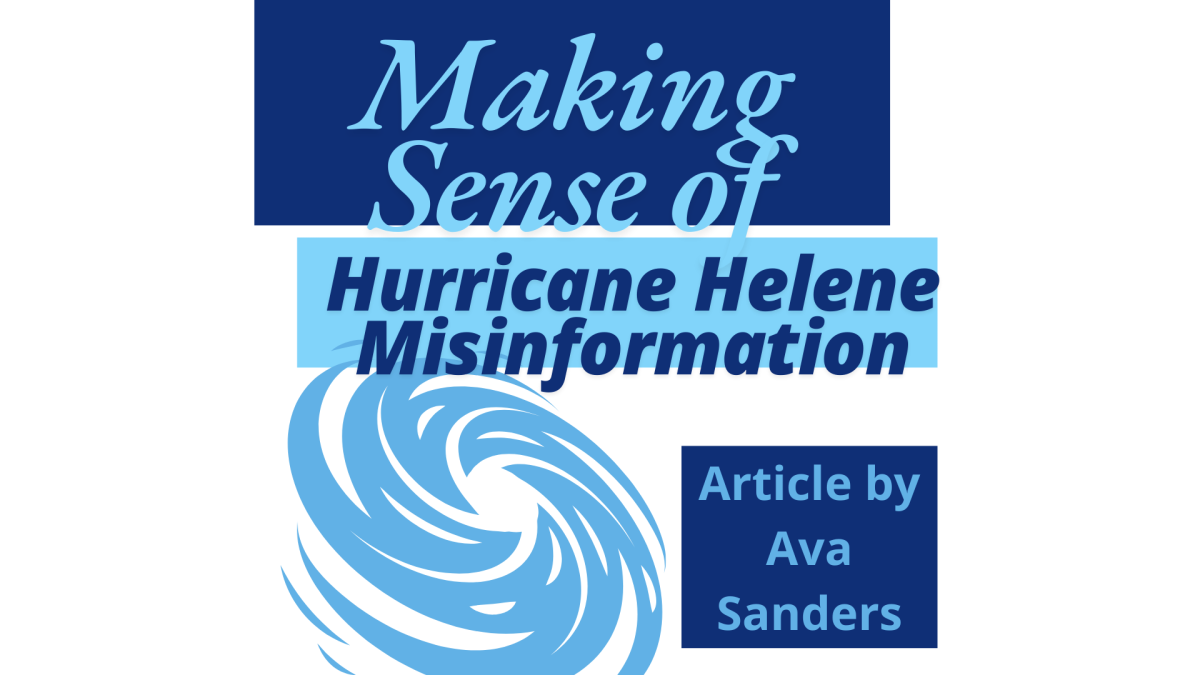
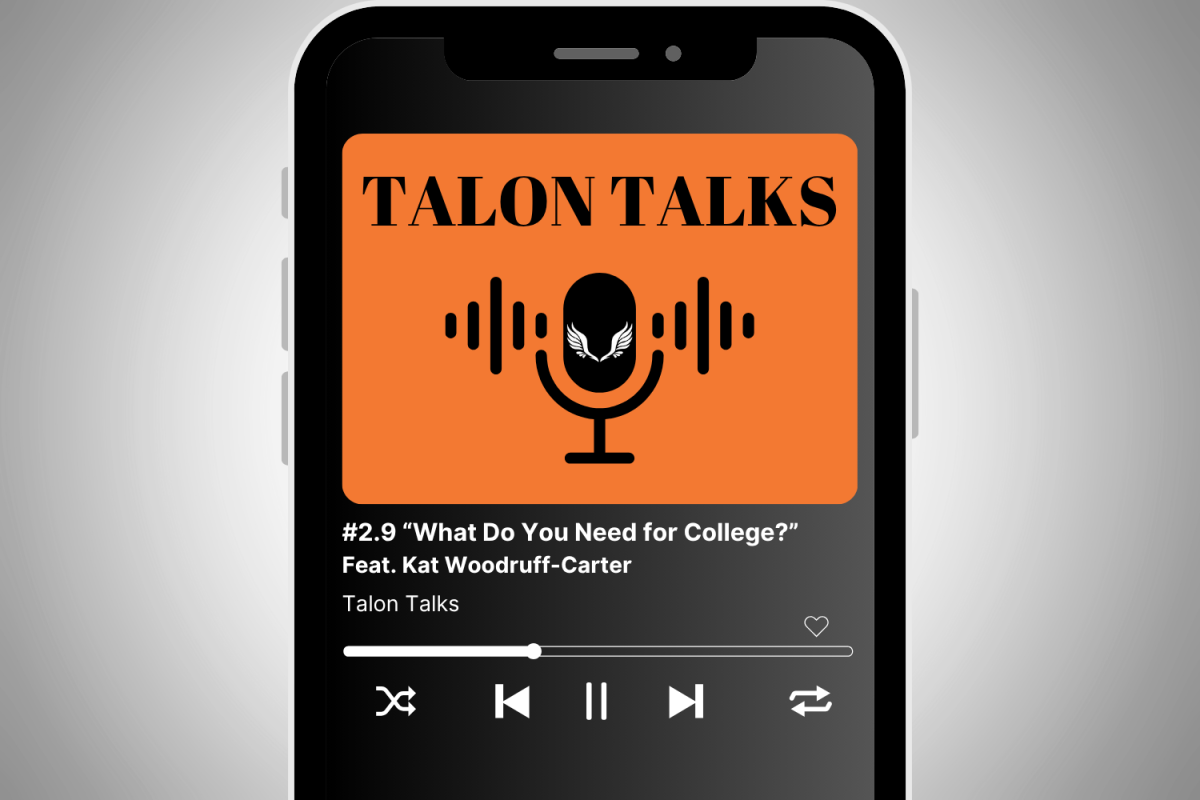

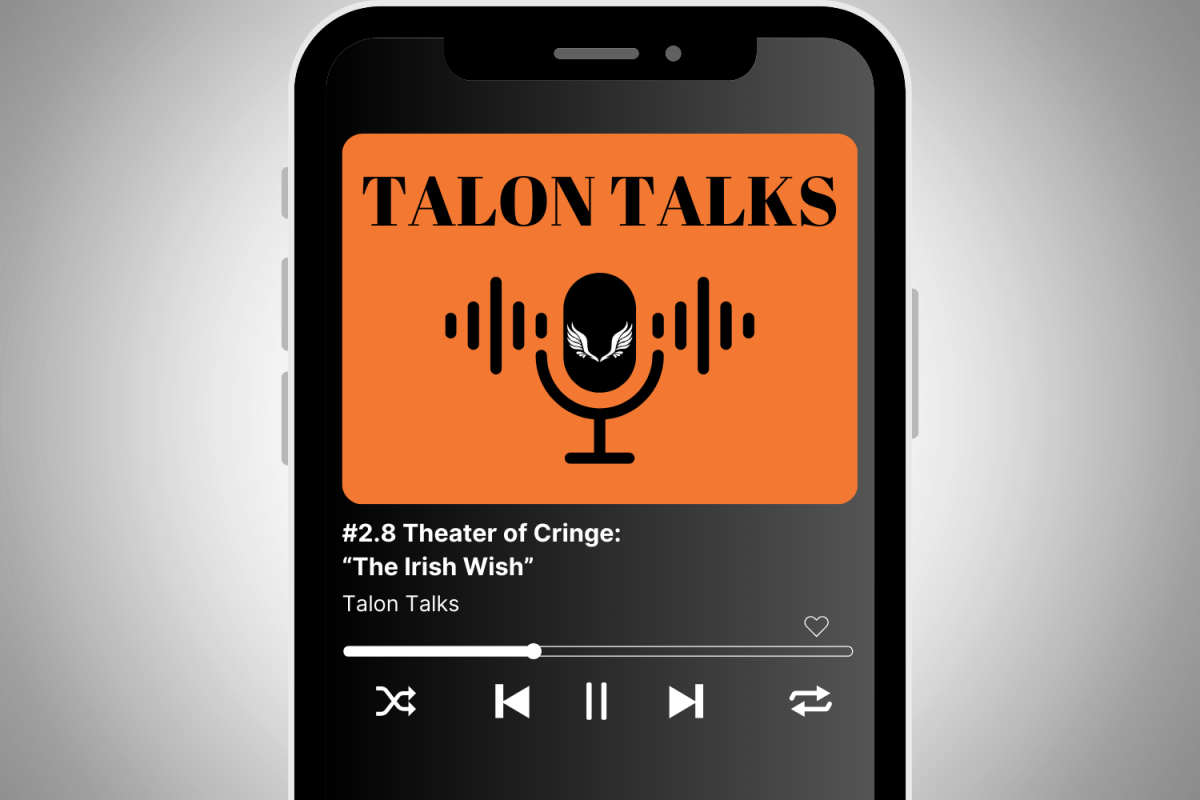
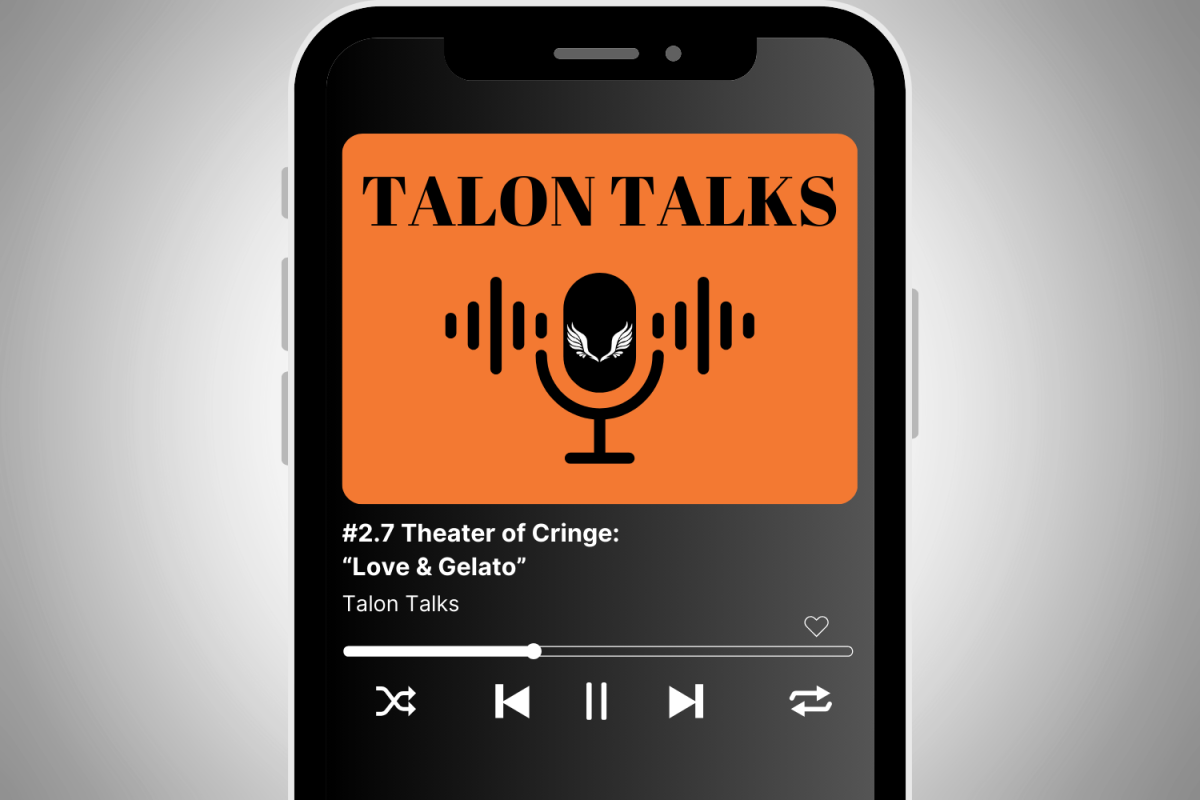
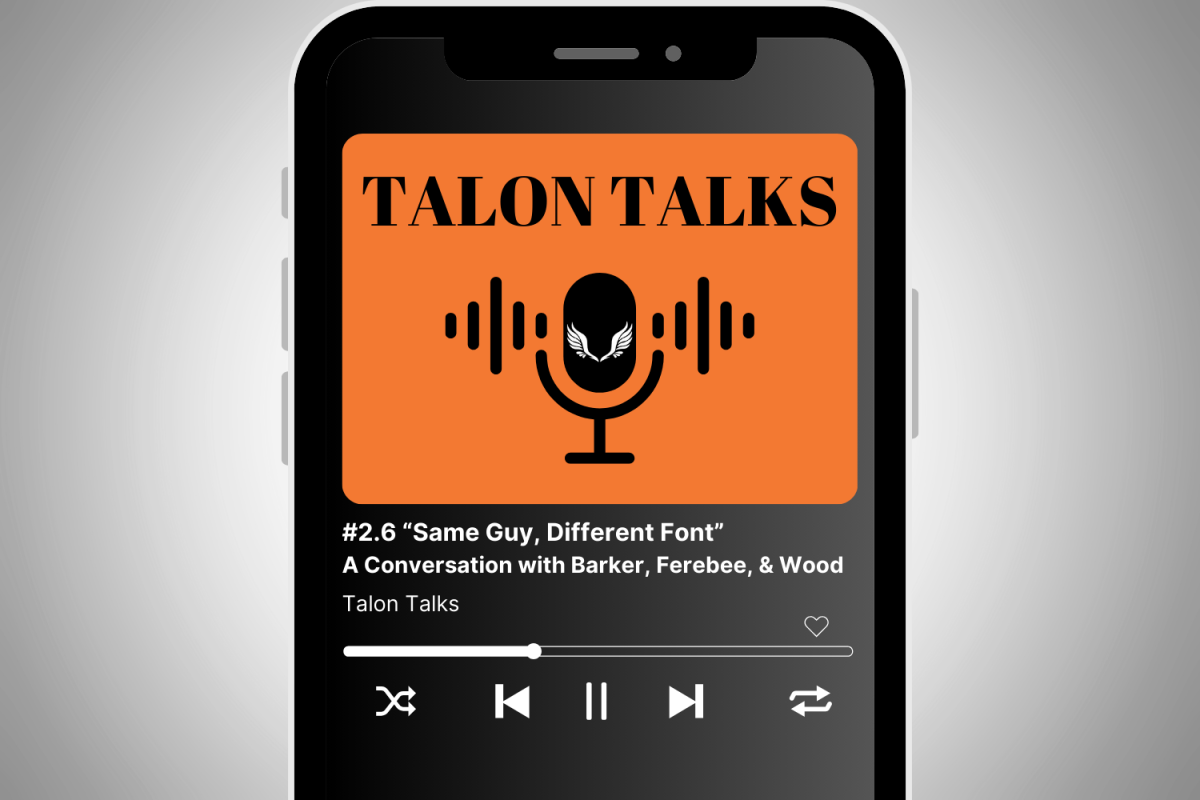

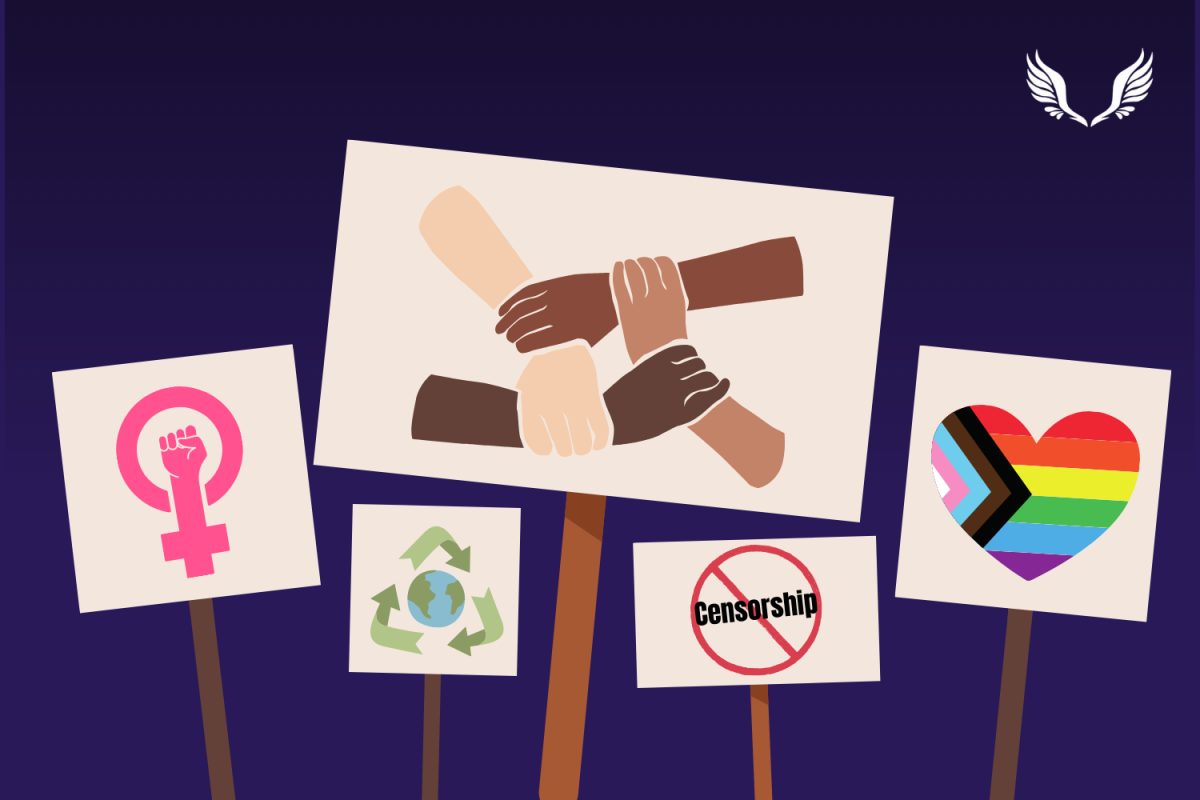
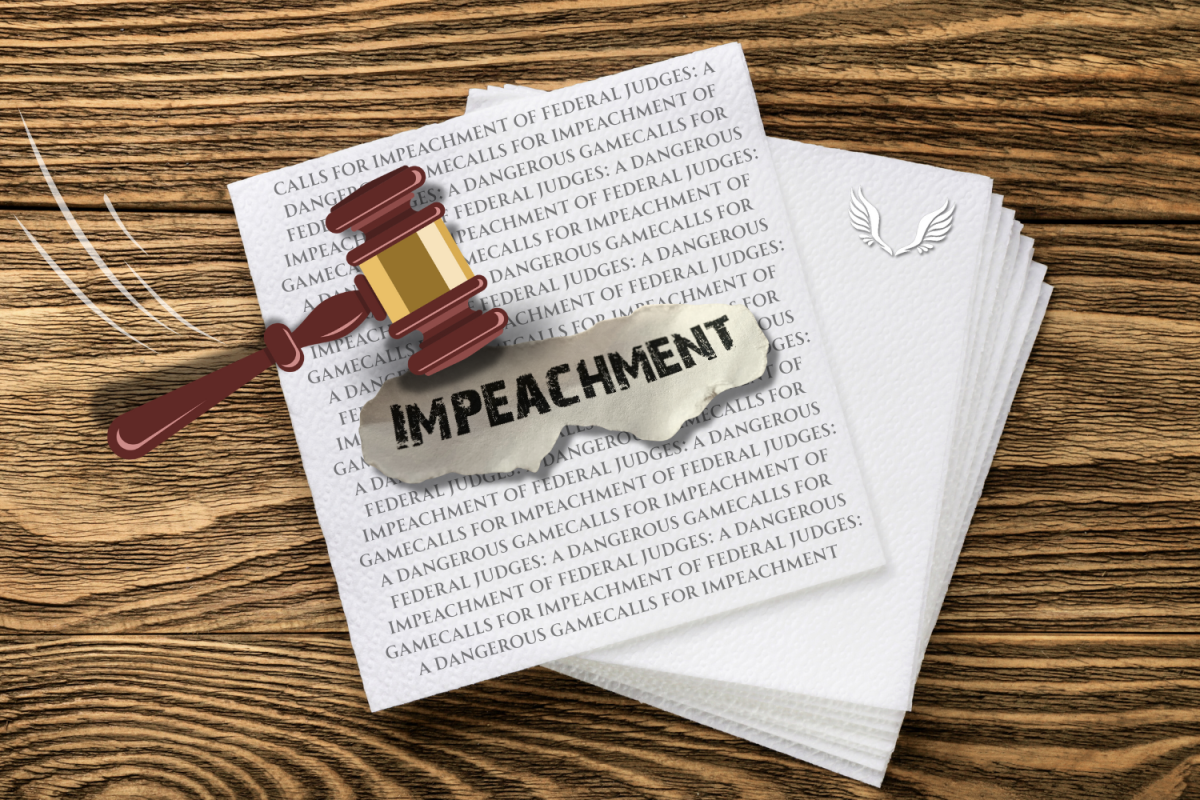

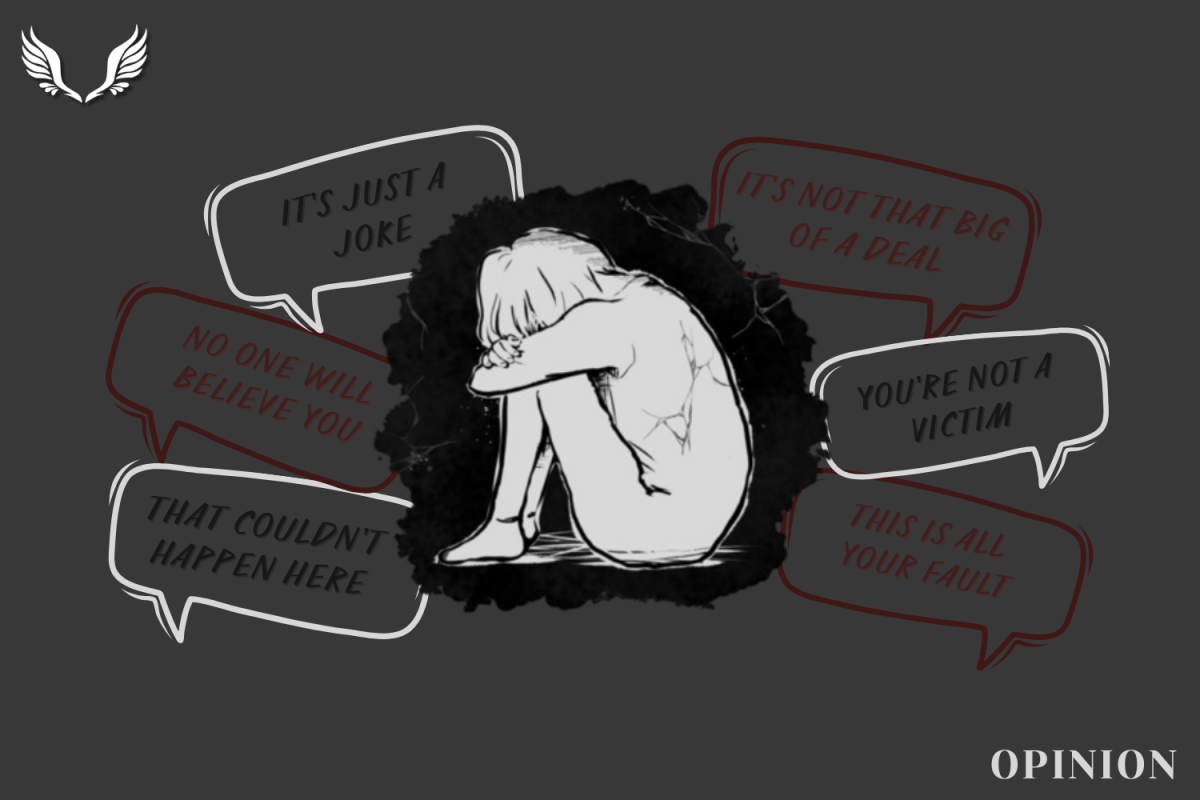

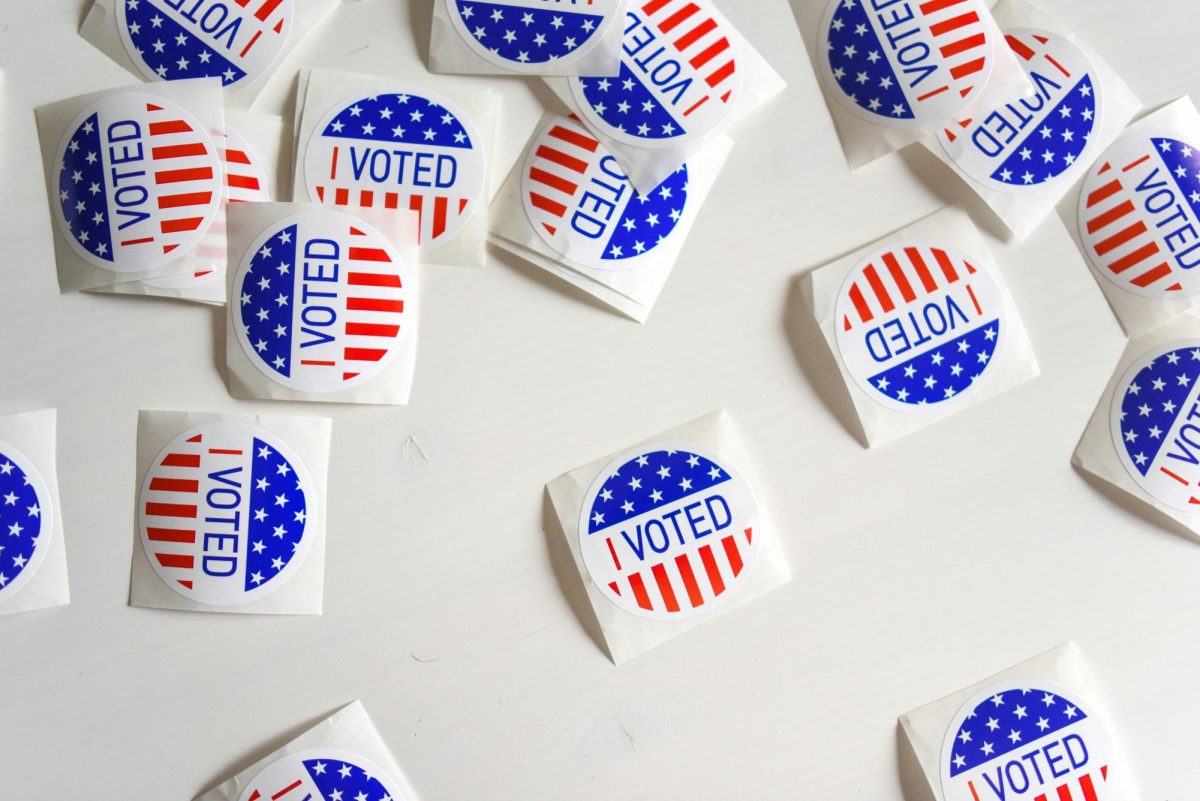
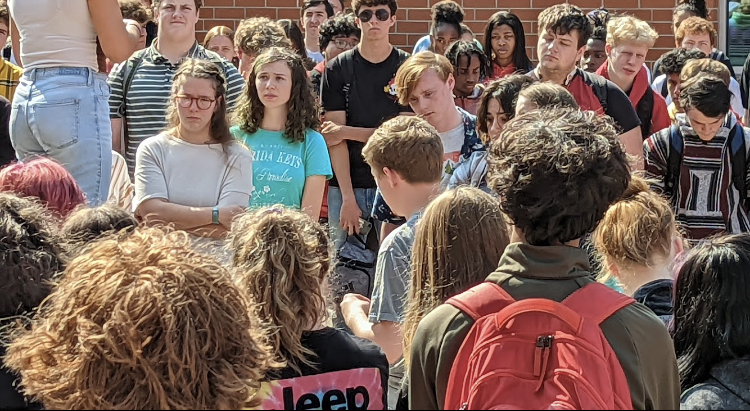


Cindy Coleman • Jan 24, 2025 at 3:25 pm
Carden Stroud, you are simply amazing!! I am so blessed and proud to be your Gigi.
Barbara Parrish • Jan 21, 2025 at 7:08 pm
What a great summation of the sequences of feelings between personal and political. Great job Carden Stroud. I applaud your school for allowing students to research and report.